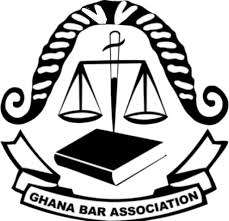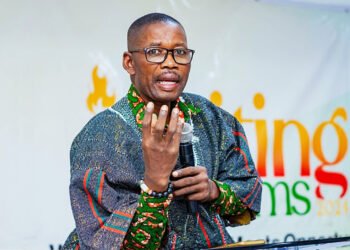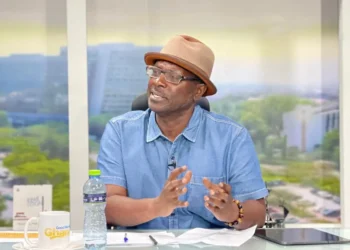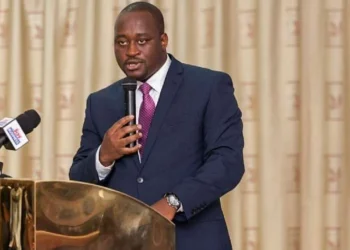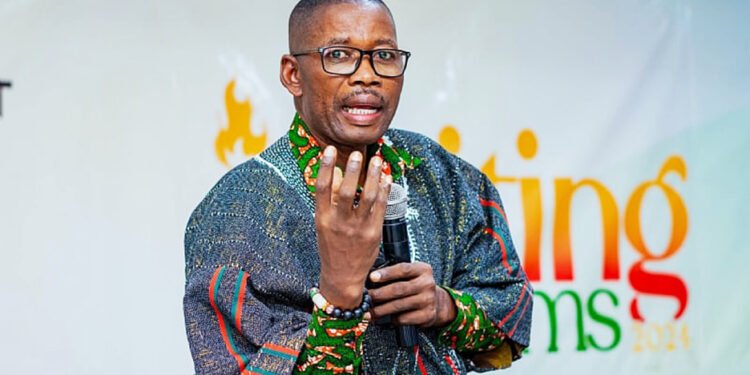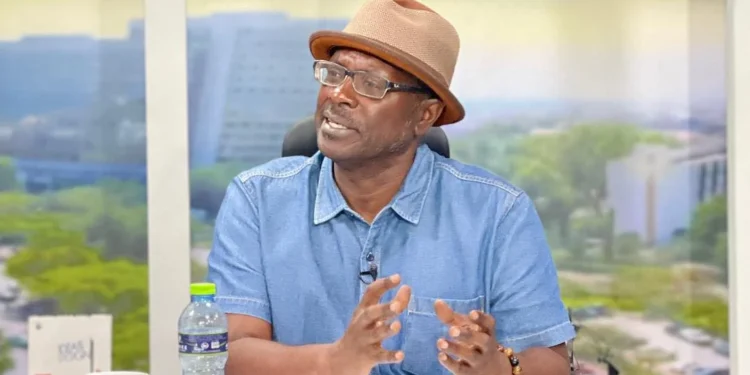The Chief Justice suspension saga offered the Ghana Bar Association (GBA) a rare opportunity to rise to its constitutional mandate.
However, instead of being the bold, guiding light that the moment demanded, some alleged that the GBA was accused of retreating into diplomatic obscurity. According to critics, its reaction was not the shield of justice nor the roar of conscience—it was a whisper when Ghana needed a roar.
One of such notable critics, lawyer and broadcaster Richard Dela Sky, has noted that the GBA’s formal response to the suspension of Chief Justice Gertrude Torkornoo is too reserved.
Dela Sky believes the GBA missed a critical opportunity to demonstrate bold leadership in the face of what many consider a constitutional crisis.
“…The tone and posture of the GBA’s statement appear overly cautious—arguably falling short of the assertiveness and moral clarity expected from such a formidable institution at a moment of constitutional uncertainty. In times like these, when the very foundations of democratic governance are tested, restraint must not come at the expense of principled and courageous leadership.”
Richard Dela Sky
Meanwhile, the GBA’s statement emphasized the need to uphold due process, preserve the rule of law, and safeguard judicial independence. It also called on all actors to act “with integrity, fairness, and fidelity to the spirit of the Constitution.”
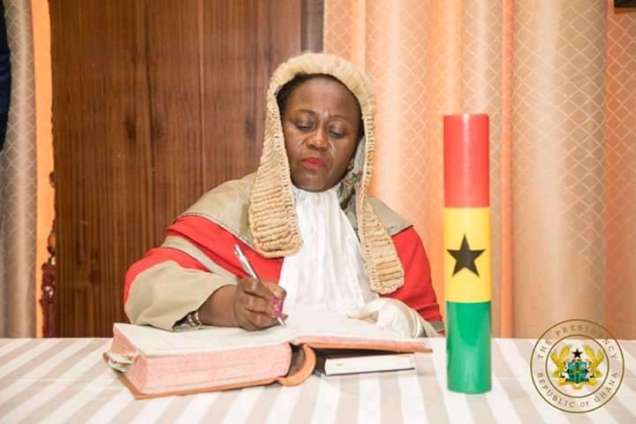
Furthermore, the GBA reaffirmed its role as “a guardian of justice, the legal profession’s integrity, and the conscience of the nation.”
Richard Sky, however, took issue with the GBA’s approach, describing it as timid and lacking urgency.
He contended that their carefully worded statement risks appearing timid, especially at a moment he views as a potential constitutional and democratic crisis. For him, this is a time when bold, principled leadership—not restraint—should take center stage.
Sky argued that the GBA should have responded with more legal assertiveness. According to him, the Association failed to interrogate the most pressing questions about the President’s actions, such as their legality and timing.
“Nowhere in the statement does the GBA explicitly question or challenge the legality, propriety, or timing of the President’s action to suspend the Chief Justice—an omission that undermines its self-proclaimed role as ‘the conscience of society.’”
Richard Dela Sky
GBA Urged To Take Stronger Stand
Additionally, while the GBA mentioned Articles 146 and 296 of the Constitution, Dela Sky observed that the references lacked depth and critical legal examination.
He argued that the statement approached the provisions in a passive, almost academic tone, falling short of interrogating whether they were appropriately applied or possibly misused.
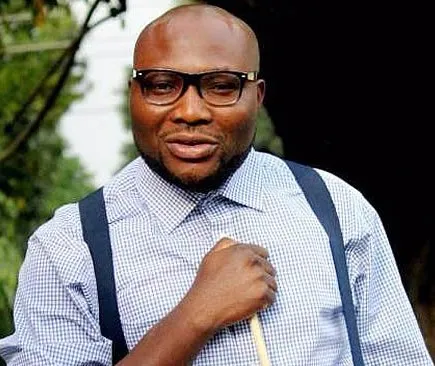
As a result, the statement came across more like a general civic education note than a robust defense of judicial independence.
Another source of concern is the invocation of the sub judice rule, which restricts public commentary on ongoing legal proceedings. Sky saw this as an excuse to avoid speaking out.
“The invocation of the sub judice rule appears to be used as a shield to avoid taking a principled stance. While respect for ongoing judicial processes is important, it should not silence legitimate commentary on potential procedural violations, alleged abuse of discretion, or threats to the separation of powers.”
Richard Dela Sky
Sky also criticized the GBA for not urging the judiciary to prioritize cases involving the suspension.
He believes the judiciary must act swiftly and justly, and that the GBA should have made that call more forcefully.
“The GBA falls short of demanding the necessary fairness, transparency, and accountability that such a momentous constitutional process requires…
It notably fails to appeal to the Supreme Court to treat the pending lawsuits and applications with the urgency they deserve, and to deliver fair, just, and timely rulings and or judgments that not only put the law on the right path and uphold the integrity of the judiciary but also prevent a repetition of the ‘Dormelevo Injustice.’”
Richard Dela Sky
In one of his most pointed criticisms, Sky highlighted the GBA’s failure to defend the integrity of the Office of the Chief Justice itself, irrespective of the individual holding the position.

He argued that by not firmly asserting the importance of safeguarding the institution, the GBA risks allowing the judiciary’s reputation to gradually deteriorate under the cover of legal neutrality and procedural restraint.
Richard Dela Sky’s assessment ultimately challenges the GBA to rise beyond its role as a professional association and embody the moral leadership the moment demands.
He contended that while the GBA’s statement was measured and diplomatically phrased, it fell short of the bold legal clarity and institutional courage expected from one of the nation’s leading defenders of the Rule of Law.
In times of democratic stress, he believes the GBA must speak not just as legal practitioners, but as stewards of justice and public confidence.
As the dust continues to settle around the Chief Justice’s suspension, the GBA’s next move may well determine how the public views the legal profession’s capacity to defend democracy—not in theory, but in practice.
In times of constitutional crisis, the public does not view the GBA’s silence or civility as strengths—they come across as abdications of responsibility.
Accordingly, as critics argued, the Association must transcend its perceived ‘diplomatic restraint’ and step into its role as a resolute defender of justice and democratic ideals.
READ ALSO: Putin Urges Officials To Take Advantage Of Trade War

